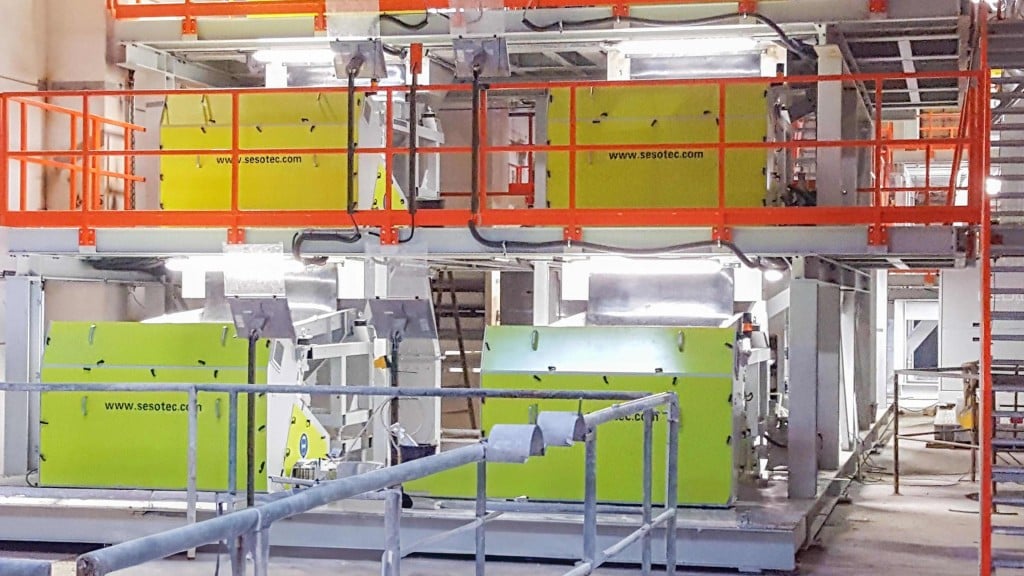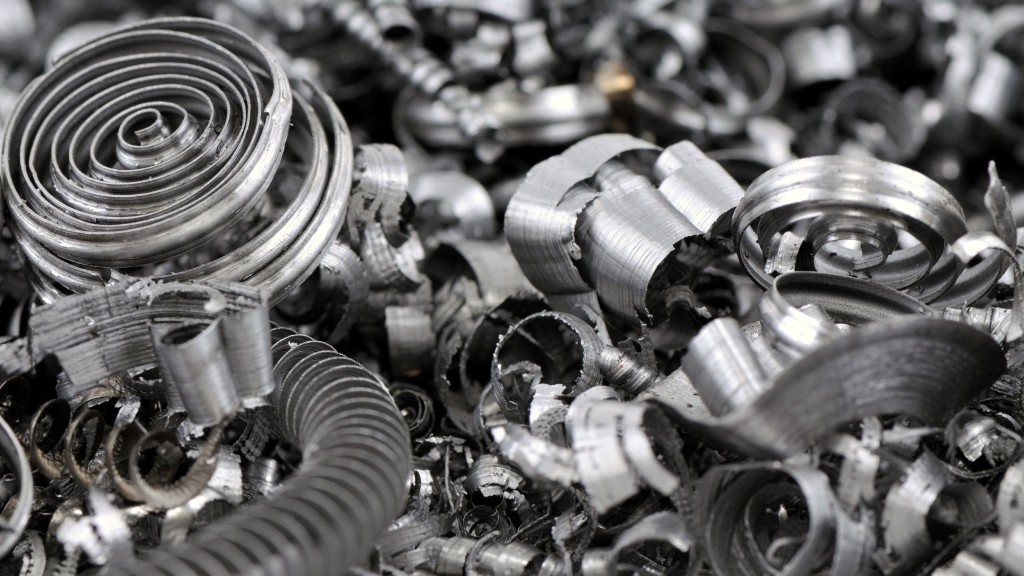How Reiling Glass Recycling brings dark cullet back into production
Sesotec sorting system reduces glass material loss, increases profitability

The Reiling Group is a German recycler of glass, plastic (PET), wood, and photovoltaic modules. Its portfolio includes the production and marketing of foam glass gravel and Revitro (decorative glass). For more than 100 years, Reiling has collected and recycled valuable materials. Reiling relies on its experience and recycling processes and technologies to process the various recyclable materials.
The family-run company operates at 13 German and six European locations. At its glass recycling sites in Germany, Denmark, and Poland the Reiling Group processes a total of over 1 million tons of glass. The recyclate can then be reused in almost any melting application to create added value.
Valuable cullet of opaque, dark glass is lost in the sorting process.
Glass, especially container glass, is an outstanding recyclable material that can be recycled as often as required. In addition to the correct collection, the prerequisites for using used glass for producing new goods are subsequent processing in special glass sorting plants.
At the Reiling sites, recycling processes are designed to remove impurities and for colour sorting. With the proven separation of CSP (ceramics, stones, and porcelain), organics and colour sorting,
In 2015, Reiling set up the Danish recycling site in Naestved for processing hollow and flat glass. SPEKTRUM glass sorting systems from Sesotec are used in the plant. In a step-by-step recycling process, these sorting systems first reliably remove CSP and metals. In a further step, the glass cullet is sorted by colour. The result: clear brown and green glass ready for use in the production of new glass bottles.
Until now, the sorting of dark cullet was considered a particular challenge in the field of glass recycling. Conventional optical detection, which is used in glass recycling plants, is based on transmitted light. As soon as less light than required passes through a piece of cullet, a normal glass sorting system classifies it as opaque and therefore as a contaminant. Due to the thickness of the material and the strength of the colouring (special bottles) and the resulting opacity, this cullet can often not be distinguished from CSP. They are discharged together with the CSP contaminants, and valuable material is lost.
New sensor technology for detecting very dark glass.
The milestone in material recovery was achieved through the development of a new sensor system for the Sesotec sorting systems, which now also enables the detection of dark, opaque glass pieces. The cullet is no longer viewed using normal transmitted light illumination only, but with additional special lighting plus sensor technology (C-C sensor). Especially dark cullet can be distinguished just as reliably from CSP and can therefore remain in the material flow, as they are no longer unintentionally ejected with the CSP impurities. This proves to be an advantage in glass recovery. The cullet, which is particularly heavy due to the thickness of the material, remains in the material cycle and can be used to produce new goods. In this case, this has now been achieved with the latest technology in a line completely without glass drying.
The new sensor technology is also the reason why Reiling has invested in the latest Sesotec technology – SPEKTRUM glass sorting systems with a special C-C sensor for sorting dark glass cullet – to improve glass recovery even further.
Sesotec partner KRS Recycling Systems was commissioned to expand the glass recycling plant at the Danish site. KRS handled the plant expansiont: from consulting and planning to installation, commissioning, service, and support.
Glass recovery with minimal losses.
Reiling invests in new plant technology and works to optimize its recycling processes by striving to keep as much material as possible in the cycle.
"Thanks to the new Sesotec technology, more valuable, dark cullet remains in the material cycle. The proportion of glass recovered is significantly increased once again and can be used to add value in high-quality melting applications. A benefit for both profitability and the environment," says Benedikt Heitmann, managing director of Reiling Glas Recycling.
The new Sesotec C-C sensor technology is an achievement for recycling companies for the circular economy and also an economic factor if dark cullet can be used again in new glass production.
Company info
Regener Straße 130
Schönberg,
DE, 94513
Website:
sesotec.com/na/en-US/industries/recycling



